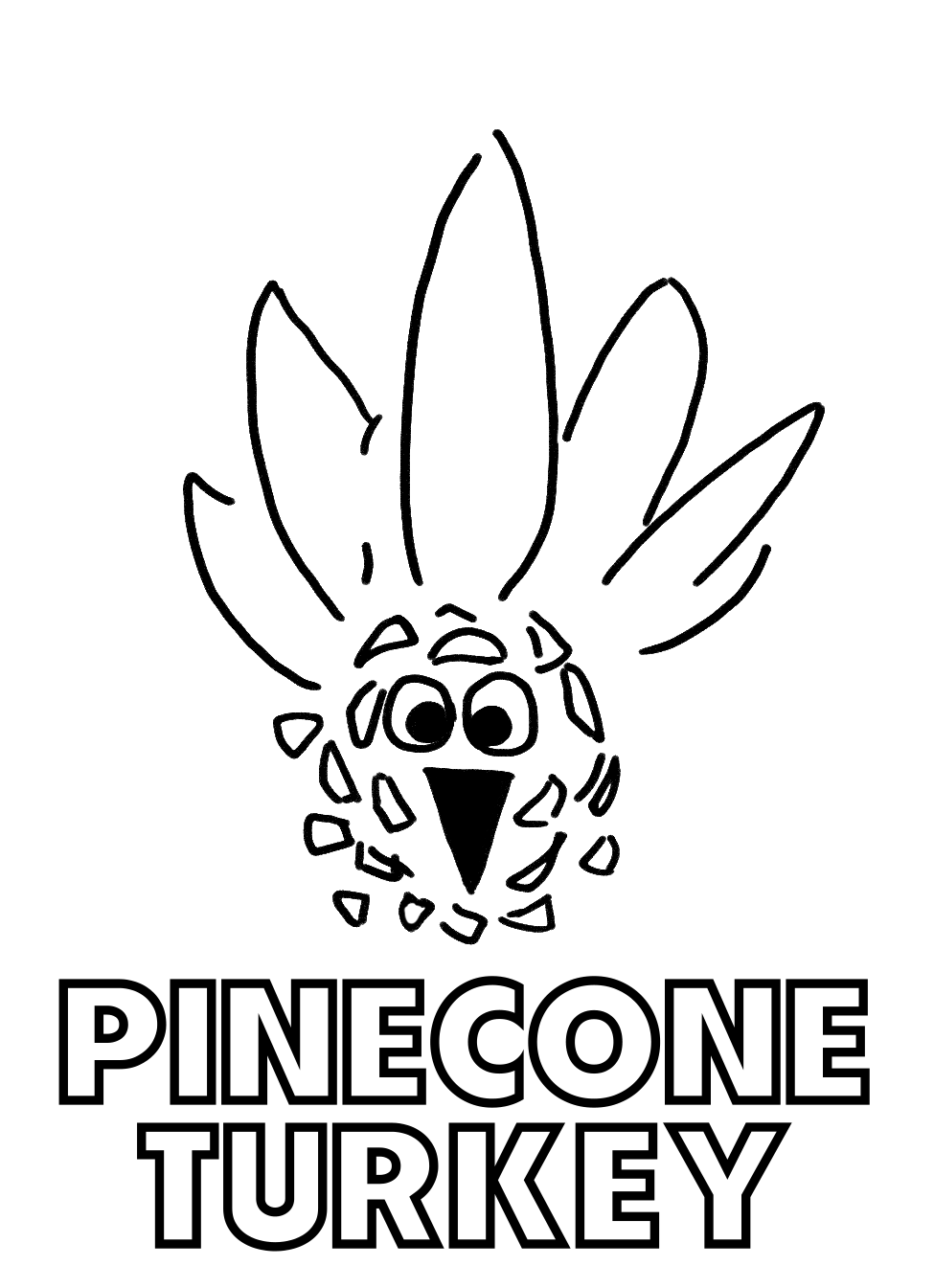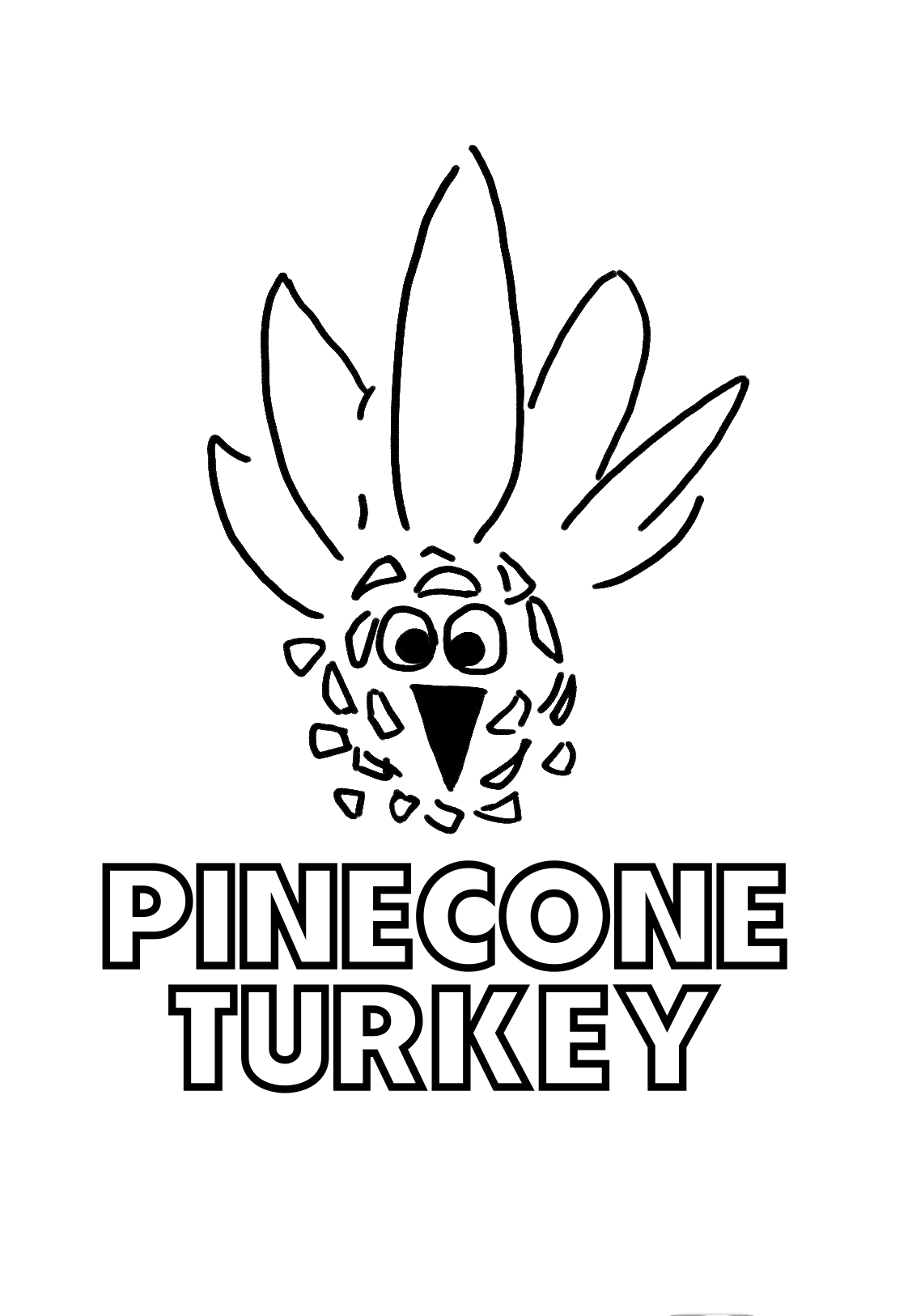
12 Dec January’s Poetry – Gladys Cardiff
A member of the Eastern Band of Cherokee, Gladys Cardiff was born in Browning, Montana, and grew up in Seattle, Washington. Her mother was of Irish and Welsh descent, her father a member of the Owl family of the North Carolina Cherokee. Cardiff received an MFA from the University of Washington, where she studied with the poet Theodore Roethke, and a PhD in literature from Western Michigan University.
Cardiff’s collections of poetry are To Frighten a Storm (1976), winner of the Washington State Governor’s First Book Award, and A Bare Unpainted Table (1999). Her poems have been anthologized in From the Belly of the Shark (1973), Carriers of the Dream Wheel (1981), Songs from This Earth on the Turtle’s Back (1983), Harper’s Anthology of 20th Century Native American Poetry (1988), and Reinventing the Enemy’s Language (1998). She has received prizes from the Seattle Arts Commission and taught at Oakland University in Michigan.
Power Grid
She is the Sun,
the Great Apportioner.
When she looks down
Paint River, the Long Person of our park,
throws a switch and spectral snakes leap up to play
their lithe art across the trunks of trees.
Reflections, these snakes don’t go far, like floaters in an eye,
but they have brilliance when they glint and trill,
a show the stolid trees know, as common to them as starlings rolling gemstones out
of their black sheen: purple, violet, green.
Flashing on. Flashing off. Depending upon where they post themselves.
And below the roots?
In the Underworld?
Quartz and calcite rest.
Familiar, too, their buried schemes. Their crystal lightshows are not indifferent to the Sun.
Paint River Park: Who Comes Here?
In spring, tundra swans put away the rasp of their wings
and float like barges on the park’s still lake;
and snowy egrets crook their necks in an S,
and tiptoe through the wetlands in golden slippers.
Great blue herons, with yellow eyes and black
eyebrow plumes, haunt the marshes with Canada geese –
those noisy birds! – back with a vengeance since the 1930’s.
Big grackles pry open crevices. So, too, small starlings who came
from Europe in the 1890’s. Migrants and homies.
Swallows and swallowtails, dragonflies,
and lime green leaf hoppers, family dogs,
feral cats, snapping turtles, mallards, muskrats,
cottontails, woodchucks, and browsing deer.
Comes kiyuga, the little ground squirrel
with scratches down her back (her reward
for speaking up for humans). Though the black
moved on, grey squirrels weave dreys throughout the park
and gnaw deer antlers for the medicine.
Thirsty squirrels, when safe and undisturbed,
don’t lap at the river like dogs and cats; they push their lips
into the water, and drink long and thoughtfully,
like horses. One other has come. A creature from the south.
A Hunter, called up by warming water, and by a kind
of muscle memory of habits and habitats, waits in dark pools.
Blue Hawk in a Blue Cloud
inside the blue cloud she’s making
tucked inside he too is making
they are making a place for themselves
with the heat and oil of their breast feathers
pressing hard against the sides
completely absorbed with coaxing bits
of deer hair, bark, twigs, mosses, mud
into a roundness hard and smooth as clay
rubbed so artfully into a high patina, two
nests to hold each one in solitary brooding.
Index of the Mind
“The face is the index of the mind” William Hogarth
Whether it was light moving from outside in,
or the mattress they shared cooling,
William’s eyes flew open. His brother Richard,
up already, caught at the threshold, a silhouette
in the open door. Father kneeling, talking to him.
The face is the index of the mind, here,
his father’s face in profile, daylight streaming in,
gradating in a wave from the brow into the tender
shadows along his nose, deepening into the sink
and fall of something his mother is saying
in her thick voice. William wants to go out too.
He’s studying his father’s face, the light to shades retiring,
then reviving, opening by gentle degrees as father
turns to him. William. Six! Father’s other living boy.
To learn more about this remarkable poet, please visit HERE or HERE
Her collection A BARE UNPAINTED TABLE is available on Amazon.


Sorry, the comment form is closed at this time.